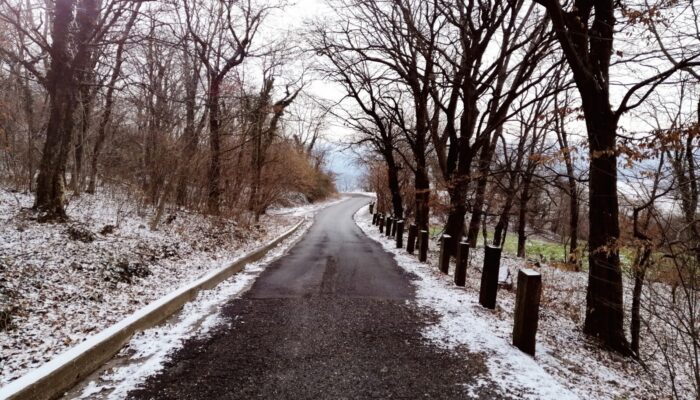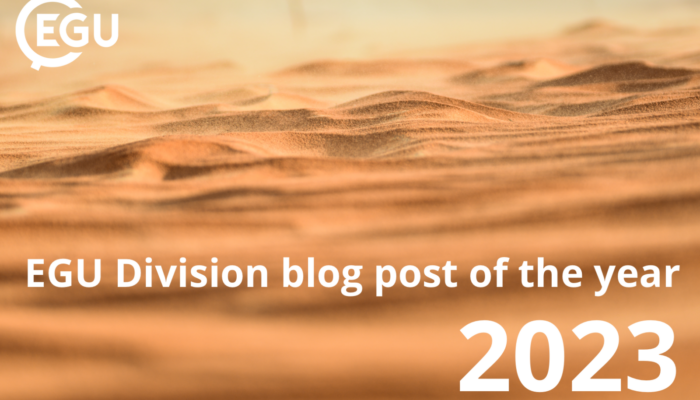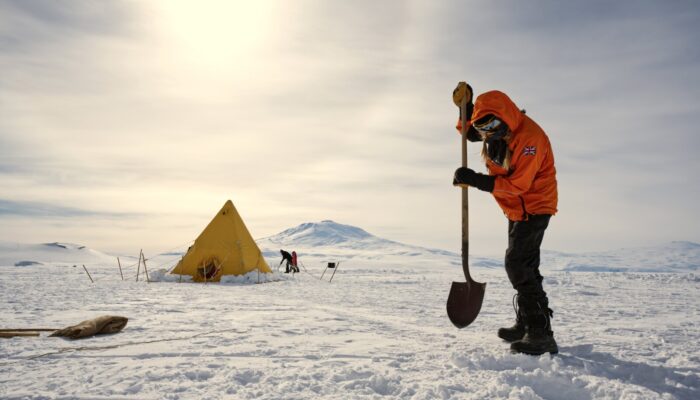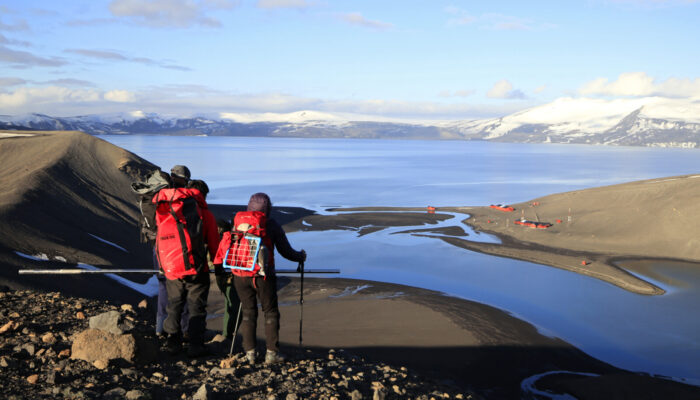Our EGU blogging team has had a fantastic 2023 posting across our official blog, GeoLog and the division blogs. With the Near Year now officially upon us, you may know that we like to pause and reflect on our blogging efforts of the year gone by! Much like previous years, we saw yet again an impressive and insightful collection of blog posts throughout 2023. Most of our readers appreciate EGU’s bl ...[Read More]
Three peer review myths debunked by the First EGU Peer Review Training
In 2023, EGU offered Peer Review Training for the first time, over three virtual sessions in September and October 2023, with a little homework in between. With more than 100 applications, from which we chose 57, mostly Early Career Scientists (ECS) to fill the available places, the desire for this kind of training in the EGU community was clear. About 80% of the participants completed the trainin ...[Read More]
Mind Your Head: How to have a mindful December and holiday season

It’s December and the Life-Work-Balance group is recalling the “Mind Your Head” blog posts, a blogpost series which started in May 2018. We invite you to join our journey through 11 inspiring blog posts and five simple activities to foster our life-work-balance, revive knowledge and find new inspiration during this holiday season. A word at the beginning: perhaps your current life and daily routin ...[Read More]
Learning from EGU’s first Peer Review Training: In conversation with Kifle Aregahegn
For the first time, EGU organized a Peer Review Training in September and October this year. It was attended by 50 participants, most of whom were early career scientists with little to no background in the peer review process. The training comprised three online sessions and an at-home exercise of reviewing real manuscripts. And of course, with feedback being key in such trainings, all participan ...[Read More]



